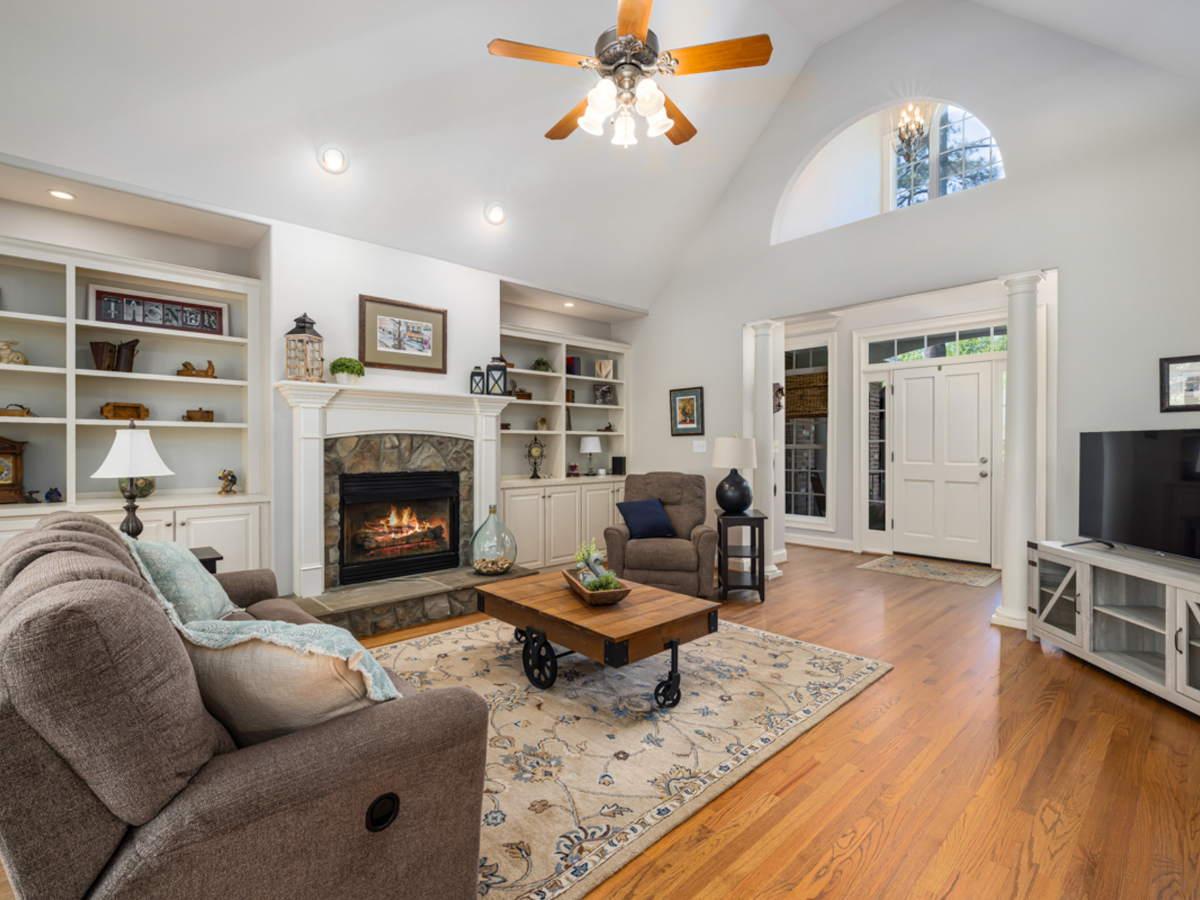Buying a home in Canada is a significant milestone, and understanding the process can make the journey smoother. Here’s a concise guide from Bryant Realty Atlantic in Halifax outlining the seven essential steps to purchasing a home in Canada.
Assess Your Financial Readiness
Evaluate your income, expenses, and credit score to determine how much home you can afford and ensure you’re financially prepared for the purchase.
- Evaluate Your Budget: Determine how much you can afford by reviewing your income, expenses, and existing debts.
- Check Your Credit Score: A higher credit score can qualify you for better mortgage rates.
- Estimate Additional Costs: Beyond the purchase price, consider closing costs, property taxes, and maintenance expenses.
Save for a Down Payment
Set aside enough funds to meet the minimum down payment requirements based on your target home price, factoring in available buyer incentive programs.
- Understand Minimum Requirements:
- 5% for homes under $500,000.
- 5% on the first $500,000 and 10% on the remaining amount for homes between $500,000 and $999,999.
- 20% for homes priced at $1 million or more.
- Explore Savings Options: Utilize programs like the First-Time Home Buyer Incentive or withdraw from your RRSP under the Home Buyers’ Plan.
Obtain Mortgage Pre-Approval
Secure a mortgage pre-approval to understand your borrowing power, strengthen your offer, and lock in a favorable interest rate.
- Shop Around: Consult multiple lenders or mortgage brokers to find favorable terms.
- Prepare Documentation: Gather proof of income, employment verification, and credit information.
- Benefits of Pre-Approval:
- Clarify your budget.
- Demonstrates seriousness to sellers.
- Locks in interest rates for a set period.
Engage a Real Estate Agent
Partner with a knowledgeable real estate agent who can guide your search, negotiate on your behalf, and help you navigate the local market. The team at Bryant Realty can assist with all of your home-buying needs.
- Find a Reputable Agent: Seek referrals or research agents with strong local market knowledge.
- Define Your Needs: Communicate your preferences regarding location, property type, and budget.
- Leverage Their Expertise: Agents can provide insights into market trends and assist with negotiations.
The expert agents at Bryant Realty have extensive knowledge of selling residential condos to family homes in Halifax/Dartmouth. They bring over 30 years of professional experience to help you find your next home.
Search for Your Home
Explore listings, visit properties, and evaluate each option based on location, features, and long-term value to find the right home for your needs.
- Utilize Multiple Platforms: Browse online listings, attend open houses, and rely on your agent’s network.
- Evaluate Properties: Consider factors like neighborhood amenities, commute times, and future resale value.
- Be Patient and Diligent: Finding the right home may take time; avoid rushing the decision.
Make an Offer and Conduct Due Diligence
Submit a competitive offer with appropriate conditions and conduct thorough inspections to ensure the property meets your expectations and budget. Your real estate expert at Bryant Realty will help you through this process.
- Submit a Competitive Offer: Your agent will help craft an offer based on market analysis.
- Include Conditions: Common conditions involve financing approval and satisfactory home inspection results.
- Perform Inspections: Hire professionals to assess the property’s condition and identify potential issues.
Finalize the Purchase and Close the Deal
Complete your mortgage, review legal documents with a real estate lawyer & real estate agent, and cover closing costs to officially take ownership of your new home.
- Secure Financing: Finalize your mortgage based on the agreed terms.
- Hire a Real Estate Lawyer: They will handle legal documentation, title searches, and ensure a smooth transaction.
- Prepare for Closing Costs: Budget for expenses like land transfer taxes, legal fees, and insurance.
- Sign the Final Documents: Review and sign all necessary paperwork to complete the purchase.
Conclusion
Navigating the home-buying process in Canada involves careful planning and informed decision-making. By following these seven steps, you can approach your purchase with confidence and clarity. If you’re considering buying a home in Nova Scotia, the team at Bryant Realty Atlantic is ready to assist you every step of the way. Their expertise and local market knowledge can be invaluable in finding the perfect property to meet your needs. Give the team at Bryant Realty a call today to get started on finding the home of your dreams.




